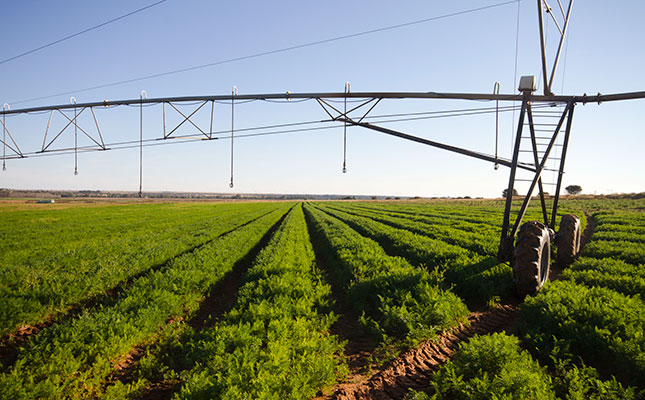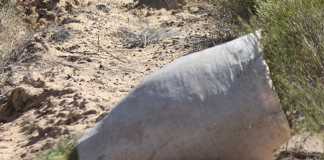
Photo: FW Archive
During his Medium-Term Budget Policy Statement delivered on Wednesday (27 October), the Minister of Finance, Enoch Godongwana announced that government planned to increase spending on infrastructure from nearly R67 billion in 2022/23 to almost R113 billion in 2025/26.
This would include the rehabilitation of current infrastructure, as well as the building of new roads, bridges, storm-water systems and public buildings.
READ Managing irrigation of fruit when water is scarce
Kulani Siweya, senior economist at Agri SA, said Godongwana’s commitment to increase infrastructure expenditure would have positive multiplier effects.
“If it is carried out timeously and effectively, it could set the country’s economy on a growth trajectory.”
However, Siweya expressed concern about the minister’s failure to provide targeted relief for the agriculture sector.
“The sector has been hard-hit by rising input costs and farmers find themselves in dire financial circumstances. Yet, the minister did not announce any measures to help ensure the sustainability of the sector.
“[Agri SA] specifically hoped to see a better dispensation for farmers with regard to the diesel rebate scheme,” he told Farmer’s Weekly.
Siweya expressed further concern about a lack of tax relief for industries weighed down by excessive ‘sin taxes’, and the absence of any pronouncement on critical policy concerns including the revision of assessed tax losses, proposed changes to the Financial Intelligence Centre Act, 2001(FICA), or the new rules for the diesel rebate scheme.
Thomas Funke, president of the South African Cane Growers’ Association, also expressed disappointment about the fact that the future of the Health Promotion Levy, commonly referred to as the sugar tax, was not addressed.
READ Factors hampering SA’s sugar industry
“The job-killing sugar tax is stifling the sugar industry’s growth and contribution to South Africa’s economy,” he said.
“The National Economic Development and Labour Council’s (NEDLAC) figures indicate that the sugar tax cost the industry more than 16 000 jobs in its first year alone, and recent figures cited by the Beverage Association of South Africa suggest that job losses may now be as high as 25 000.”
In a statement, Agbiz said Godogwana’s emphasis on infrastructure needs and the efficiency of state-owned enterprises and municipalities was positive.
The inefficiency of municipalities had for some time been a major risk to the agriculture sector, and agribusinesses in particular, especially in small rural towns, the statement said.
Agbiz also welcomed the minister’s announcement that work was underway to stabilise the country’s electricity supply, and expressed the hope that a clear path to providing a reliable electricity supply for the country would soon emerge.
“This remains a major challenge for agribusinesses and the agriculture sector [in general] that depend on Eskom for electricity supply for irrigation and to maintain biosecurity and other systems in the poultry and livestock value chains, among other aspects.”
The progress made with regard to water-use licenses was also welcomed in the Agbiz statement.













